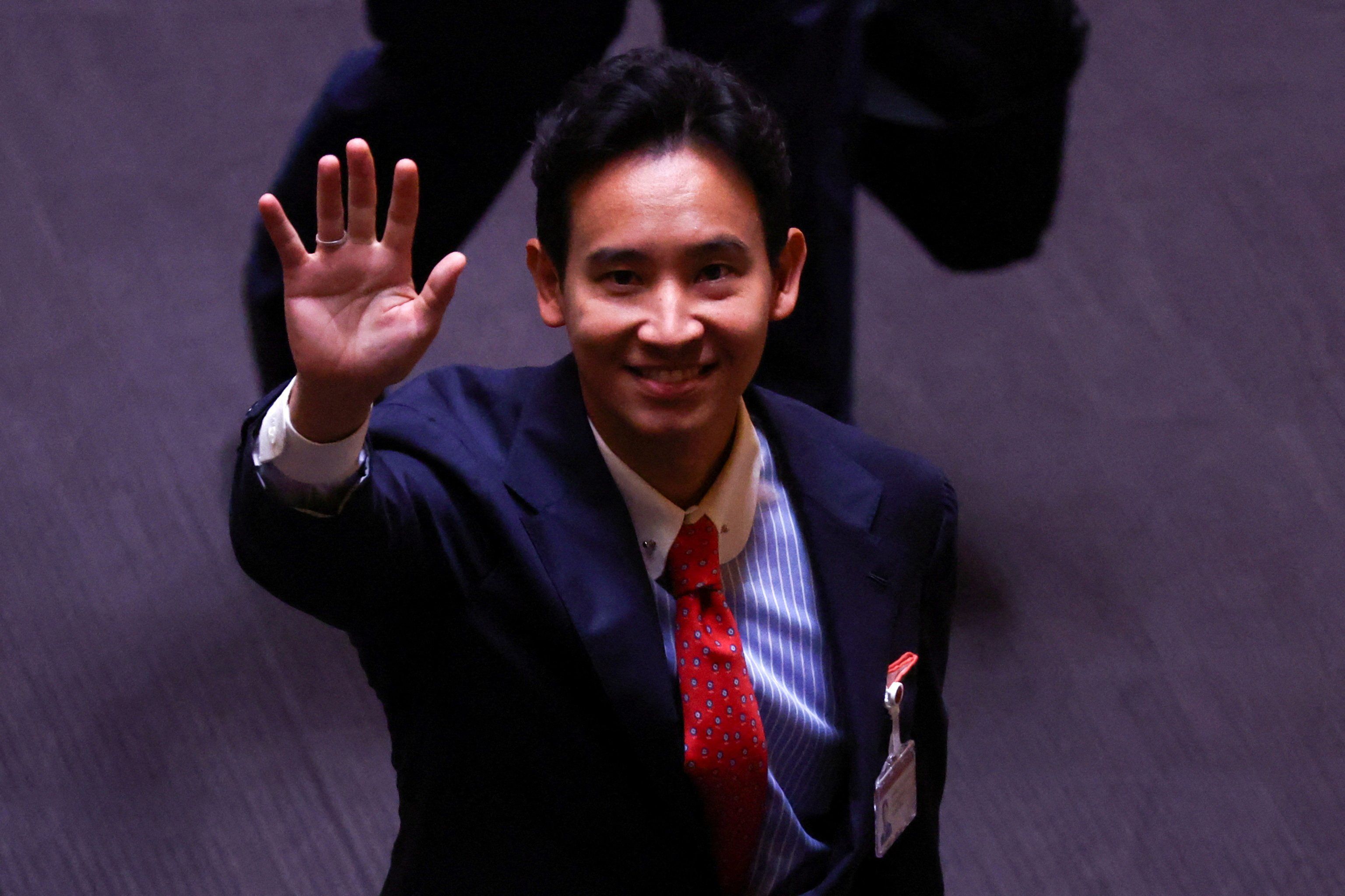Late on Thursday, the Thai parliament rejected opposition leader Pita Limjaroenrat's bid to become the country’s next prime minister. Pita, whose progressive Move Forward Party won the May 14 election, was 51 votes shy of the supermajority needed to clinch the premiership. (For more on that, read our explainer here.)
It's been a hell of a week for the 42-year-old Pita, who campaigned on loosening the country’s draconian lèse-majesté laws, known popularly as "112" for the number of the article in the criminal code. Before losing the vote for the top job, election authorities tried to disqualify him as MP for running while he owned shares in a media company — doing that is illegal under a law that the ruling pro-army coalition passed in order to prevent former PM Thaksin Shinawatra, a media mogul, from ever returning to power.
What’s next? Although parliament will hold another vote next week, Pita is unlikely to do better. His unprecedented push to water down 112 is a bridge too far for the establishment parties whose support he’d need.
If Pita bows out, things could get interesting. Thaksin himself could return from exile under a possible deal between his Pheu Thai party and those that support the military backed-government. But that could trigger protests by angry young Thais who support Pita and the MFP.
Bracing for violent demonstrations, the army has already ringed the parliament building in Bangkok with shipping containers. But if Pita doesn’t get the PM nod, that might not be enough to contain angry Gen-Zers in a country that's seen its fair share of political protests — as well as coups to end them.